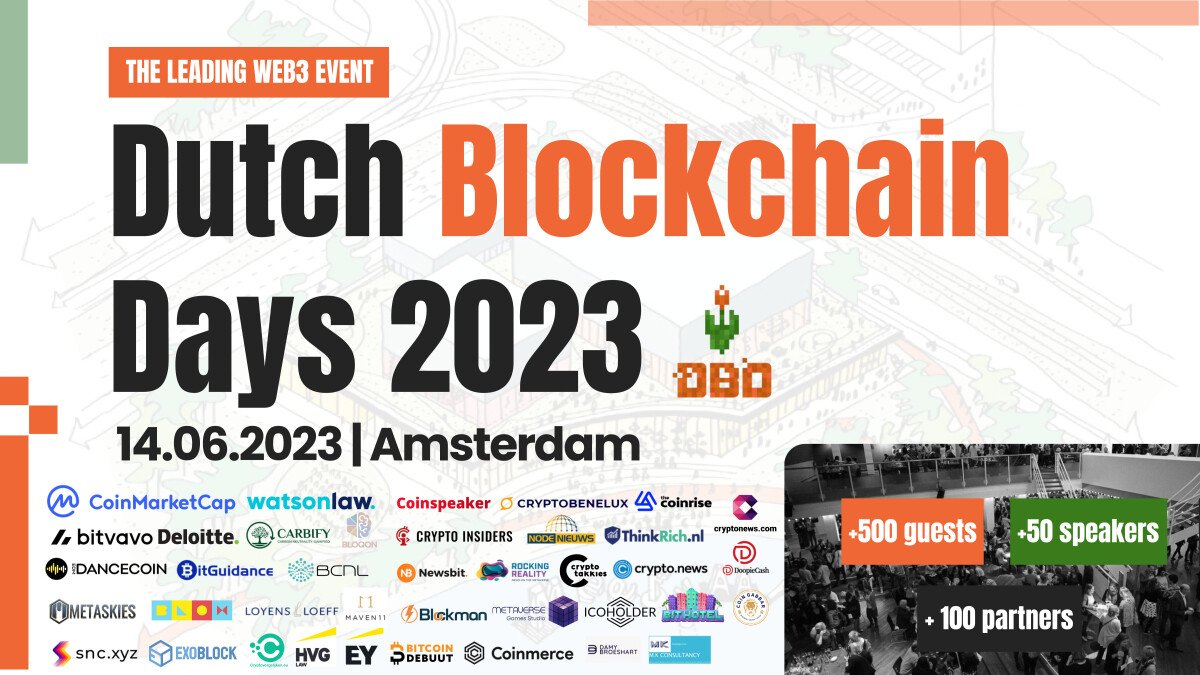Liechtenstein emerges as the last crypto-forward nation – Cryptopolitan
Liechtenstein, a small European nation located between Switzerland and Austria, has been at the forefront of the blockchain and cryptocurrency industry since its early days. As the crypto landscape continues to evolve, this small country is proactively adapting its blockchain laws to stay ahead of the curve.
The Token and Trusted Technology Service Providers Act (TVTG), also known as the Liechtenstein Blockchain Act, was implemented in 2020, setting the stage for a regulated environment for token-related services.
Proactive legislation for a growing industry
TVTG has attracted an influx of crypto service providers to Liechtenstein, drawn by the high level of regulatory security and open communication with the local Financial Market Authority (FMA).
However, as the crypto landscape is rapidly changing with the introduction of decentralized financial applications and non-fungible tokens (NFTs), there is an urgent need for Liechtenstein to adapt its blockchain laws to these new developments.
In an interview with Thomas Dünser, Director of Liechtenstein’s Office for Financial Market Innovation and Digitization, it became clear that the country is well prepared to adjust legislation to adapt to new technologies.
Dünser, a senior advisor to the Prime Minister and co-author of the Blockchain Act, stated that TVTG was deliberately designed to be flexible and technology neutral, so that it can accommodate a wide range of tokenizations beyond NFTs.
Flexible regulation for a decentralized future
According to Dünser, Liechtenstein’s regulators anticipated the trend towards decentralization and incorporated it into the Blockchain Act. TVTG is “principle and role-based” rather than “rules and business model-based”, making it more adaptable to innovations in technology.
In this context, the legal framework addresses risks for users, regardless of business model, and service providers are responsible for mitigating these risks.
Dünser also emphasized the importance of the legal system’s ability to innovate, as it can either hinder or facilitate technological progress.
To achieve this, Liechtenstein has established an innovation framework that includes the Regulatory Laboratory at the FMA. Dünser believes this approach has proven successful, but similar structures will be needed at regional level, especially within the European Economic Area.
Liechtenstein finds the right balance in regulation
While Liechtenstein has been proactive in adapting its blockchain laws, Dünser cautioned against over-regulation, stressing that current blockchain law already addresses token custody and legal separation in the event of bankruptcy.
However, he acknowledged that some adjustments are necessary, especially when it comes to staking or borrowing and lending customer tokens at crypto exchanges.
Since the EU’s Markets in Crypto-Assets (MiCA) regulation does not yet address these issues, Liechtenstein will have to balance its efforts to provide a crypto-friendly environment with the need to ensure the safety and security of its citizens and businesses.
By remaining open to innovation and updating its legal framework accordingly, Liechtenstein is positioning itself as a leader in the evolving crypto landscape.
With its forward-thinking approach to blockchain regulation and its commitment to fostering innovation, Liechtenstein is well on its way to becoming a pioneer in the cryptocurrency industry.
As the country continues to adapt and develop its legal framework, the rest of the world will be watching closely, eager to learn from Liechtenstein’s pioneering efforts.

























